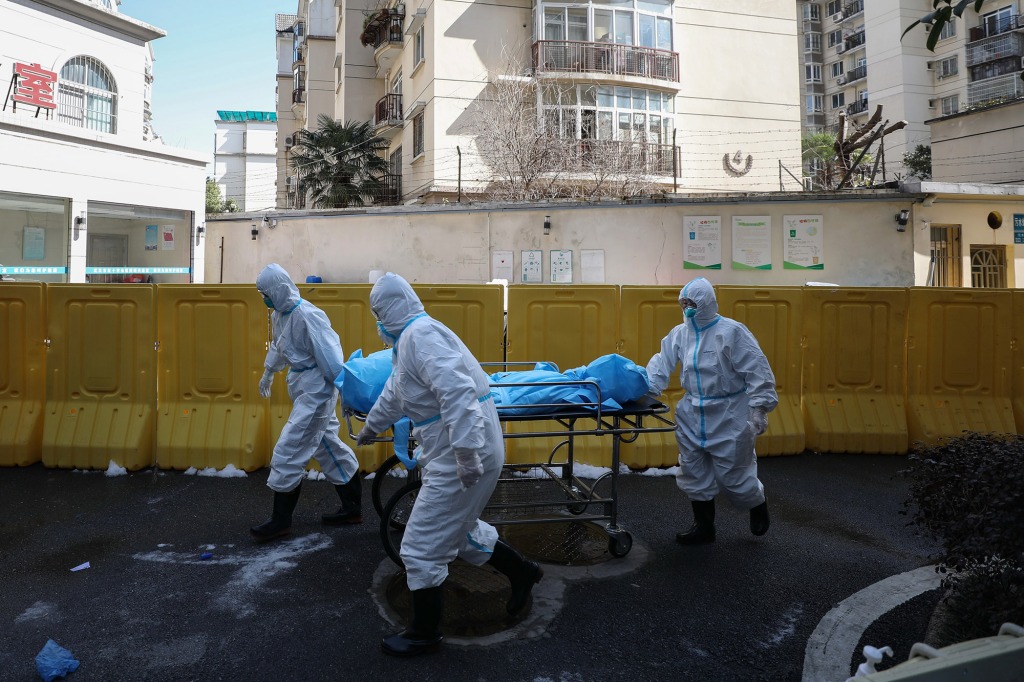Fang Fang, chronicler of Wuhan lockdowns, now a virtual prisoner
The Chinese novelist who wrote an online diary detailing the worst of the COVID-19 pandemic in Wuhan has been censored by authorities and is a virtual prisoner in her home, she told the Sunday Times of London.
Fang Fang, 67, said she is feeling “somewhat depressed” after facing pressure from Chinese authorities, who have banned her work.
During the early days of the pandemic in 2020, Fang’s virus diary from the ground zero of the COVID outbreak provided first-hand glimpses into the city that was the first to face severe lockdowns.
Her posts on Weibo — the Chinese equivalent of Twitter — chronicled her struggles living alone with her dog as well as the darker side of Chinese bureaucracy. They were read by tens of millions of Chinese, who looked beyond the official posts of the Communist Party, which at first downplayed the dangers of the virus.
Although she faced a wave of criticism from the authorities in the past, now she is a virtual recluse and her books are banned, she said. Fang is the pen-name of Wang Fang, who has lived in Wuhan since her early childhood.
“I am not permitted to participate in any social activities, I am not permitted to publish any essays, have any of my new work published, or my old work reprinted,” she said in an interview with the Sunday Times of London this week. “For a professional writer like myself, this is the greatest punishment they could hand out.”

In the interview, conducted by email, Fang called the government’s treatment of her a form of “cold violence.”
“All of these repercussions I am facing are simply because I recorded my experiences during the lockdown in Wuhan and published a book entitled ‘Wuhan Diary,’” she said. “I did not break a single law or violate a single rule. The whole thing is extremely bizarre and utterly unimaginable.”
Following widespread protests earlier this month, the Chinese government was forced to reverse of its “zero-COVID” policies.
Fang said she began writing her daily chronicles at the suggestion of an editor at a Chinese literary journal. “That gave me the impetus to start recording things, I began to post a record of what was happening,” she said. “The diary seemed to provide consolation for many readers.”
Fang received numerous death threats, which increased when Michael Berry, the director of the University of California’s Center for Chinese Studies, began to translate her posts into English under the title “Wuhan Diary: Dispatches from a Quarantined City.”
Now, her phone is tapped and she is subject to surveillance when she leaves her home, Fang told the Times of London.
Read the full article Here


